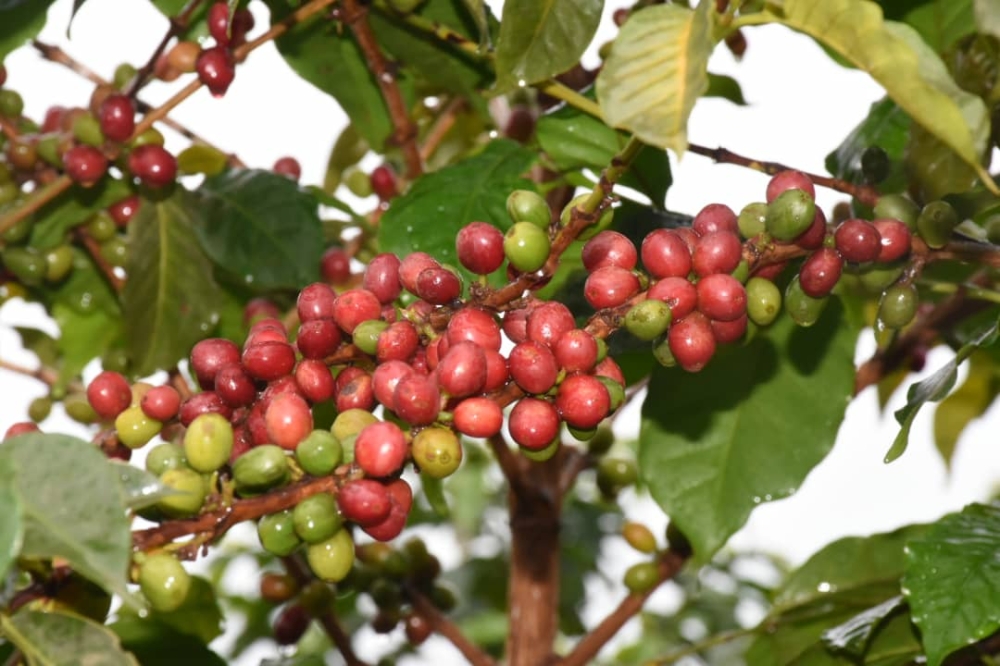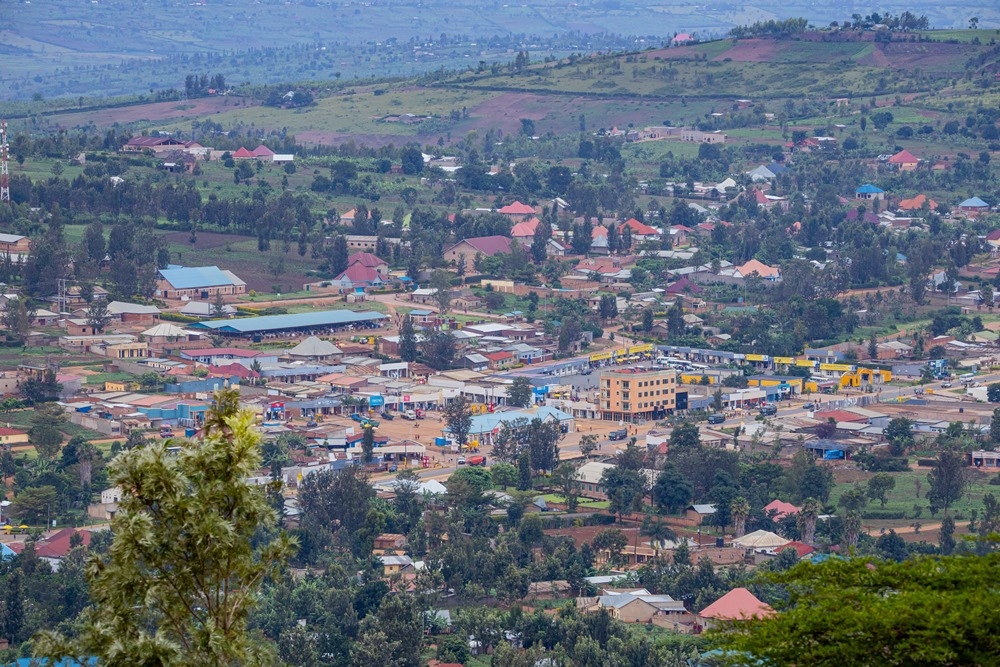

Gatsibo district officials, in collaboration with the National Agricultural Export Development Board (NAEB), have launched an initiative to bridge the gap between the district's thriving coffee production and local consumption.
Despite being known for its high-quality coffee, local residents rarely consume the beverage, leading to a renewed focus on education and accessibility.
ALSO READ: Rwanda moves to replace aging coffee trees, boost production
This new initiative seeks to link the district’s robust coffee production, which contributes up to Rwf 15 billion annually, with local consumption habits. Although coffee plays a significant role in the district&039;s economy, many farmers have limited experience with the product they cultivate due to a lack of preparation skills and access to coffee-related resources.


Aurelie Murekatete, a coffee farmer from Mamfu cell in the Muhura sector, highlighted the lack of skills in coffee preparation as a major barrier to local consumption.
"We don’t have access to shops or canteens where coffee is sold, and we also don’t know how to prepare it ourselves,” she said. "If we could learn to enjoy coffee, we would take even better care of the coffee trees.”
Sandrine Urujeni, NAEB’s Chief Operations Officer, emphasized the importance of fostering a local coffee culture.
"When farmers truly understand and appreciate the value of their product, it strengthens their commitment to quality,” she noted. The initiative will particularly focus on women farmers, teaching them coffee preparation techniques such as home roasting. "We've seen success in the Southern Province with this approach," Urujeni added, "and it led to increased coffee consumption."
In addition to training, Gatsibo District Mayor Richard Gasana has announced plans to collaborate with investors to improve coffee accessibility.
ALSO READ: Coffee producers appeal for more seedlings
"We aim to establish shops and infrastructure along highways and in busy centers so that coffee is easily accessible," Gasana said. "This will not only foster a stronger coffee culture but also boost the local economy.
Currently, Gatsibo stands as Rwanda’s leading coffee-producing district, generating between Rwf 12 billion and Rwf 15 billion annually, which accounts for nearly half of the district&039;s budget.
With 2,850 metric tons of washed coffee and 14,250 metric tons of fresh coffee harvested annually from over 10 million coffee trees, the district plans to expand its coffee plantations to all 14 sectors.
District officials believe this expansion could significantly increase coffee-related income, potentially boosting it from Rwf 15 billion to an estimated Rwf 40 billion per season. The district’s success will then be reflected not only in export figures but also in the pride and enjoyment of coffee by its own residents.


